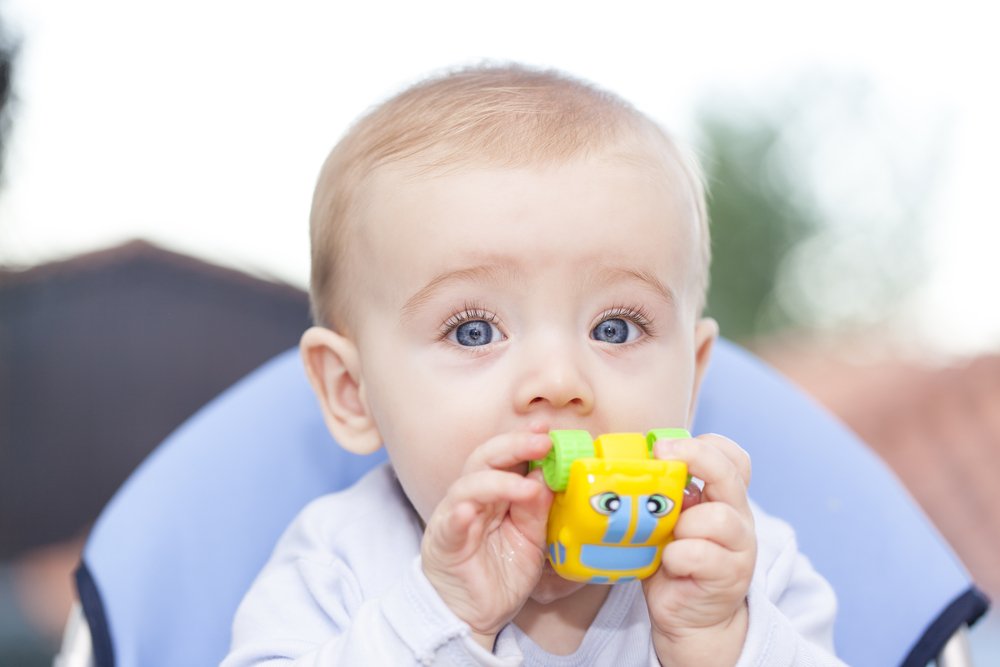Key points:
1. Mouthing objects helps babies explore textures and tastes, aiding their development.
2. Babies may mouth objects more during teething, offering relief for their gums.
3. Mouthing objects can contribute to a stronger immune system in babies.
4. While some caution is needed, exposure to germs through mouthing can be beneficial for immune development.
Does your baby put everything (or almost everything) they can find in their mouth? And you can’t get them to stop? Well actually, you won’t be able to and you shouldn’t! Mouthing is an essential part of your little one’s development and exploration.
Why is mouthing so important?
Oral exploration helps a baby’s developmental stage. It allows them to discover the taste and texture of the different objects that surround them. So when your little one grasps an object and then brings it to their mouth, it means that they want to explore it further. “Is it soft or hard? Can I eat it? Does it make a sound?”.
Keep in mind that mouthing won’t be the only way your little will explore the world. In the first years of life, babies explore their surroundings through all their senses –by seeing, touching, hearing, smelling, and tasting–, and the more they can explore, the more they will learn.
If your little one is around 3 and 7 months, then mouthing toys or other objects can also be a sign of teething. When this happens, you’ll notice your baby will start to drool a lot, might be a little irritable, and constantly putting things in their mouth. Biting and gum rubbing are your baby’s efforts to relieve pressure in their gums.
But what about germs?
Another interesting thing about mouthing is that when your little one brings things to their mouth, this can help their immune system. This doesn’t mean you should let your little one mouth everything they see because there are things that can harm them or make them ill; but you can stay calm if once in a while your little one sucks on a pacifier that fell to the ground.
Keep in mind that kids get sick from viruses and bacteria, not dust. So make sure your little one is not sharing toys with babies that might be sick and can pass on germs. Washing their hands and toys frequently will also be key to prevent any illnesses.
But don’t stress too much about it. Parents simply can’t protect their children from everything –germs included– and, from what doctors are learning about the way babies develop their immune systems, you probably shouldn’t worry too much about most of the things that end up in your baby’s mouth (just the ones that can be unsafe or be a choking hazard).








